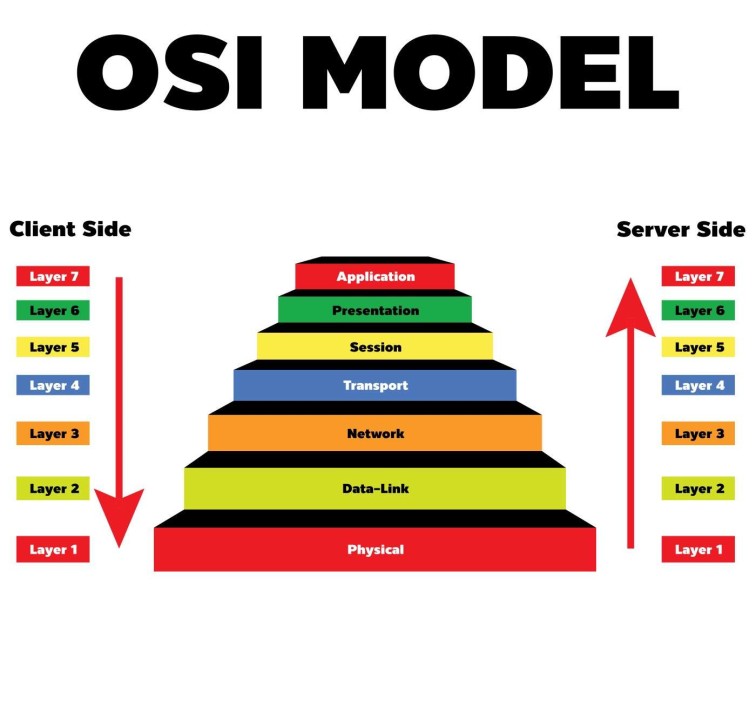
Introduction
The Indian Constitution, the supreme law of India, lays down the framework demarcating the political code, structure, procedures, powers, and duties of government institutions, and sets out fundamental rights, directive principles, and the duties of citizens. Adopted on November 26, 1949, it came into effect on January 26, 1950, marking the transition of India from a British dominion to a republic.
Historical Background
The roots of the Indian Constitution trace back to the colonial era, particularly the Government of India Act 1935. The Constituent Assembly, constituted in 1946, played a pivotal role in drafting the Constitution. Dr. B.R. Ambedkar, known as the principal architect of the Indian Constitution, chaired the Drafting Committee. The assembly included prominent leaders like Jawaharlal Nehru, Sardar Vallabhbhai Patel, and Maulana Abul Kalam Azad, who debated and refined the draft over nearly three years.
Structure of the Indian Constitution
The Indian Constitution is the longest written constitution of any country in the world. It originally contained 395 articles in 22 parts and 8 schedules. As of now, it comprises 470 articles in 25 parts, 12 schedules, and 5 appendices.
Preamble
The Preamble of the Indian Constitution declares India to be a Sovereign, Socialist, Secular, and Democratic Republic. It aims to secure justice, liberty, equality to all citizens and promote fraternity to maintain the unity and integrity of the nation.
Fundamental Rights
Part III of the Indian Constitution guarantees six fundamental rights to the citizens:
- Right to Equality (Articles 14-18)
- Right to Freedom (Articles 19-22)
- Right against Exploitation (Articles 23-24)
- Right to Freedom of Religion (Articles 25-28)
- Cultural and Educational Rights (Articles 29-30)
- Right to Constitutional Remedies (Article 32)
Directive Principles of State Policy
Part IV outlines the Directive Principles of State Policy, which, although non-justiciable, are fundamental in the governance of the country. These principles aim to create social and economic conditions under which citizens can lead a good life.
Fundamental Duties
Part IVA, added by the 42nd Amendment in 1976, lists the fundamental duties of the citizens. These duties are a constant reminder to citizens that rights and duties are correlative and go hand in hand.
Amendments
The Indian Constitution provides for its amendment to ensure that it adapts to changing needs and circumstances. Article 368 deals with the powers of the Parliament to amend the Constitution. To date, there have been 105 amendments. Notable amendments include the 42nd Amendment, which is known as the “mini-Constitution” due to its wide-ranging changes, and the 73rd and 74th Amendments, which strengthened local self-governance.
Judiciary
The Indian judiciary is independent and acts as the guardian of the Constitution. The Supreme Court of India, at the apex, has the power of judicial review to ensure the constitutionality of laws and acts of the executive and legislature.
Conclusion
The Indian Constitution, with its blend of rigidity and flexibility, serves as a dynamic document that guides the world’s largest democracy. It embodies the aspirations of the people of India and provides a robust framework for governance while safeguarding individual freedoms and promoting social justice. As India continues to evolve, its Constitution remains a living document, adapting to new challenges and guiding the nation’s progress.
